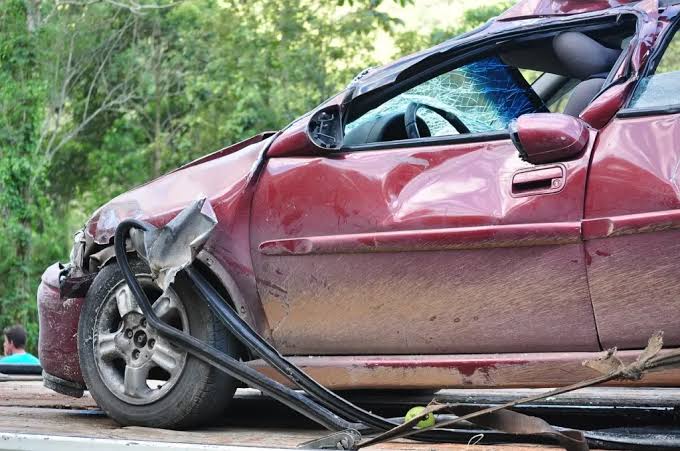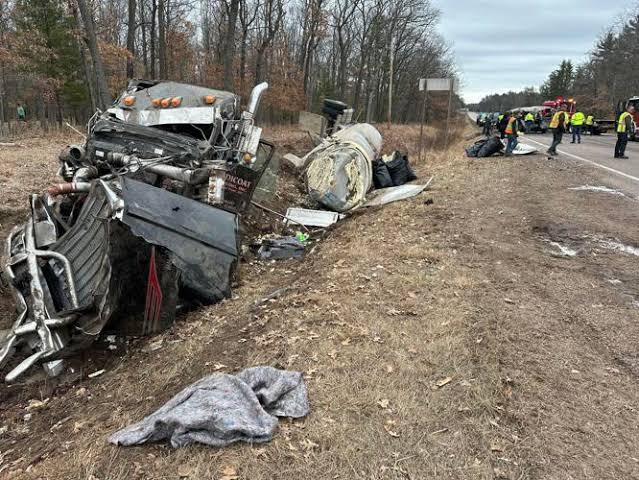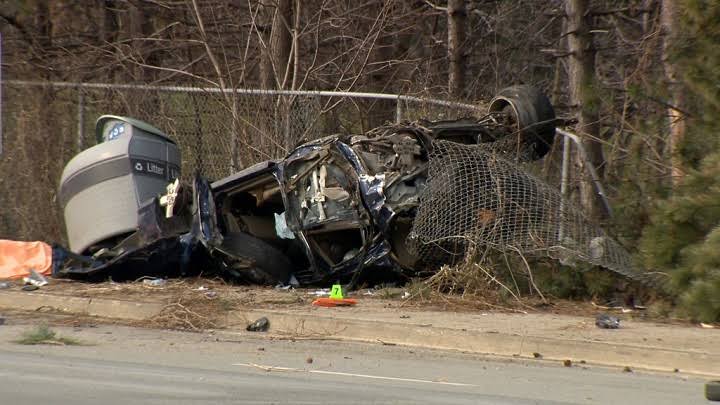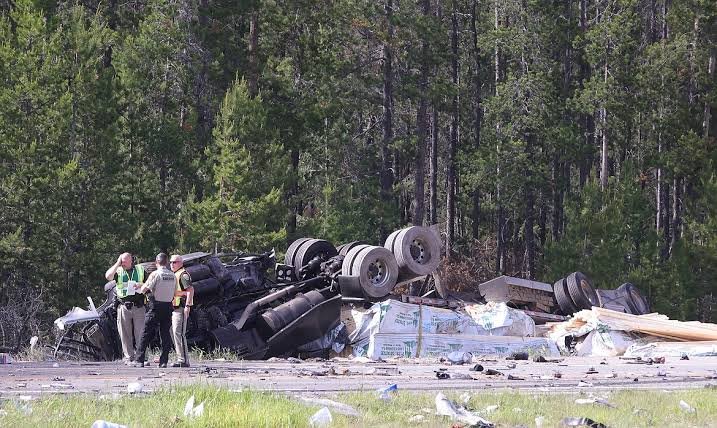Understanding the Factors That Determine a Car’s Fate
The Decision to Total or Repair: Understanding the Factors That Determine a Car’s Fate
When a car is involved in an accident the insurance company must decide whether to repair or total the vehicle. But what factors influence this decision? Why are some cars deemed totaled while others are repaired? In this article, we’ll delve into the process and explore the key considerations that determine a car’s fate.
*The Total Loss Formula*
Insurance companies use a simple formula to determine whether a car is a total loss:
1. *Cost of Repairs*: The estimated cost of repairing the vehicle.
2. *Actual Cash Value (ACV)*: The car’s market value at the time of the accident.
If the cost of repairs exceeds a certain percentage of the ACV (usually between 75% to 90%), the car is considered a total loss. This percentage varies by state and insurance company.
*Factors That Influence the Decision*
Several factors contribute to the decision to total or repair a car:
1. *Age and Mileage*: Older cars with high mileage are more likely to be totaled, as repair costs may exceed the vehicle’s value.
2. *Type of Damage*: Extensive damage to the frame, engine, or transmission can make repairs cost-prohibitive.
3. *Airbag Deployment*: If an airbag deploys during an accident, the cost of replacement can be significant, potentially leading to a total loss.
4. *Safety Features*: Modern cars often feature advanced safety systems, which can be expensive to repair or replace.
5. *Market Value*: If a car’s market value is low, it may be more cost-effective to total the vehicle rather than repair it.
6. *State Regulations*: Some states have laws governing the total loss threshold, which can impact the decision.














Post Comment